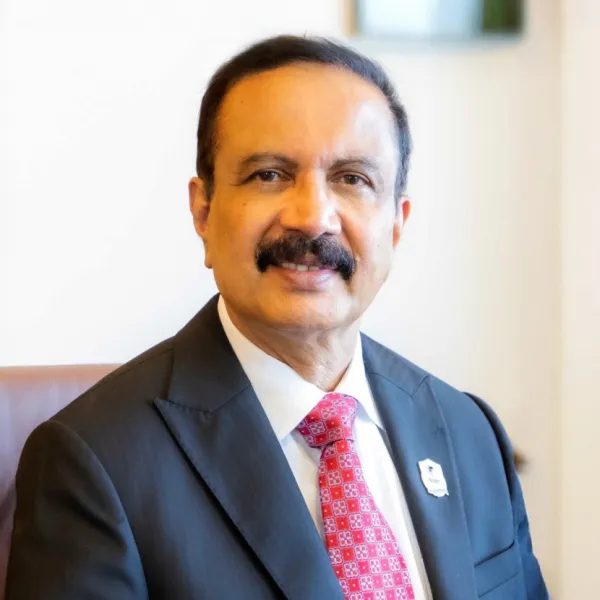National Medical Commission to Issue Unique Identification Number to Each Doctor in India by 2024

This initiative, part of the NMC's broader strategy, aimed to streamline the medical system by establishing a comprehensive national medical register, consolidating information on doctors' qualifications and areas of expertise.
The National Medical Commission (NMC) has declared that by 2024, every doctor across India will possess a unique identification number (UID).
This initiative, part of the NMC's broader strategy, aimed to streamline the medical system by establishing a comprehensive national medical register, consolidating information on doctors' qualifications and areas of expertise.
The NMC disclosed plans for a pilot project set to launch within the next two months, intending to commence the generation of UIDs swiftly. Officials anticipate the completion of this comprehensive assignment within six months.
"The aim is to establish a national medical register encompassing essential details about doctors practising in India," stated an NMC official, referencing particulars such as registration numbers, qualifications, specialisations, institute details, and workplace locations.
The newly established National Medical Register, slated to supersede the existing Indian Medical Register (IMR), will be made publicly accessible via the NMC's website.
Dr Yogendra Malik, a member of the Ethics and Medical Registration Board of the NMC, confirmed the transition of data from the IMR to the National Medical Register, encompassing approximately 14 Lakh registered doctors.
Moreover, undergraduate students will receive 'masked UIDs' during their studies, to be unmasked upon completion of their MBBS program. These UIDs will remain consistent throughout their professional careers, allowing doctors to update their qualifications through the designated portal.
In another significant development, the NMC has entered into a Memorandum of Understanding (MoU) with the Quality Council of India (QCI) to assess and rate medical institutions across the country.
This move is aimed at evaluating the quality of medical education provided by both government and private medical colleges starting from the academic session of 2024-25.
"QCI serves as an independent mechanism for evaluating products and services, with the objective of promoting quality through the national accreditation of testing, inspection, and certification bodies that carry international recognition," shared Dr Malik, elucidating the collaborative assessment initiative.
This step, directed at both government and private medical colleges, signifies a concerted effort to uphold and ensure the quality of medical education across the nation.
The NMC's stride toward assigning UIDs to doctors and collaborating for the evaluation of medical institutions emerges as a foundational step in advancing the organisation's objective to streamline and enhance the medical profession within the country.
Stay tuned for more such updates on Digital Health News





























